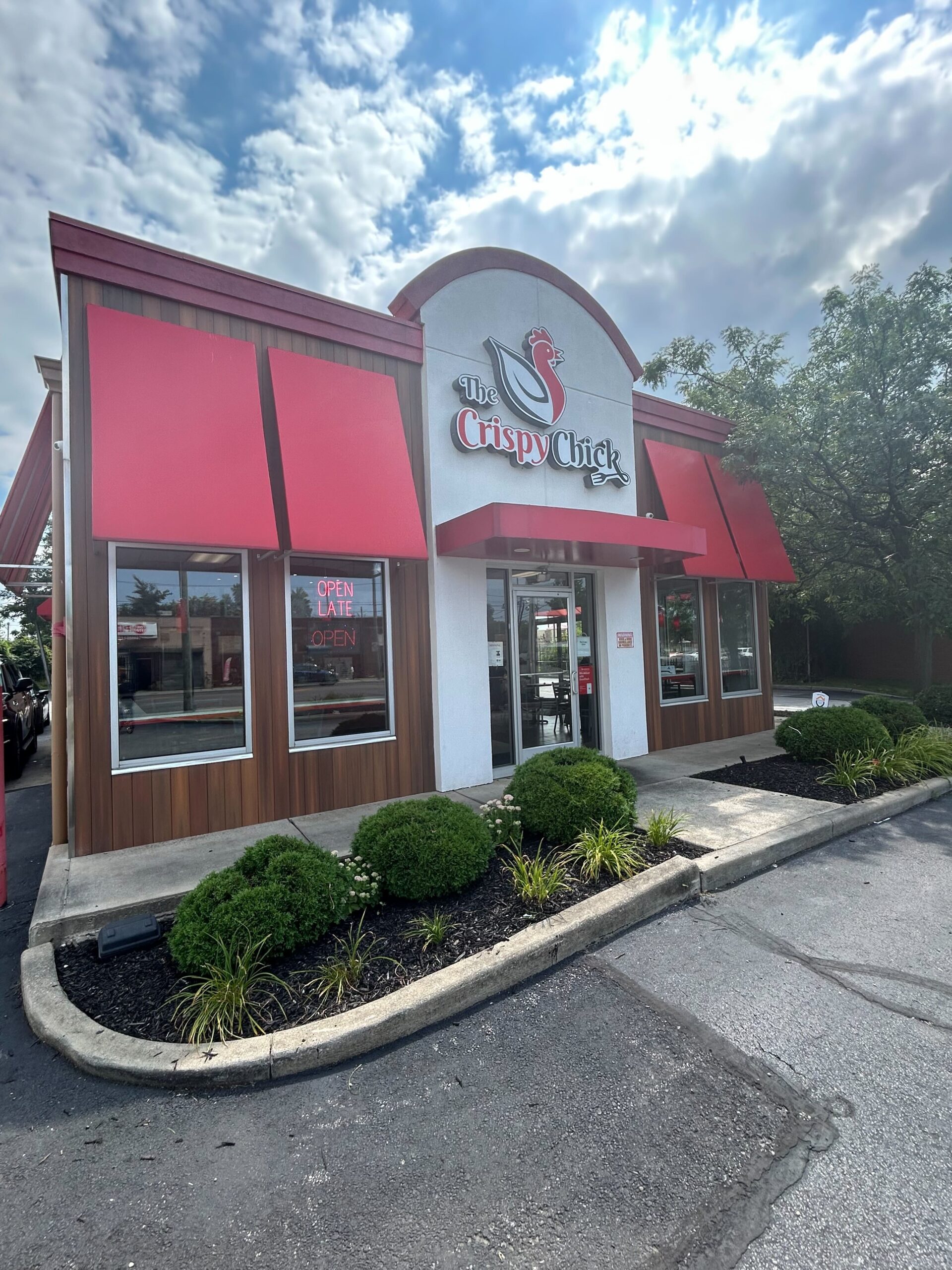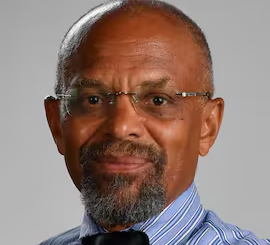
By Jaden Perry, The Monitor
Recently graduated journalists are in a tough predicament. As the U.S. job market loses vitality and the journalism industry faces constant changes, aspiring reporters try their best to weather the storm and land their first job.
One of those job seekers is Kahwit Tela, who graduated in May with his master’s degree in journalism from Georgetown University and now submits at least 15 applications weekly.
“With job searching, it’s really just like a gamble, like 50/50. You either get the job or you get an interview or you just, you don’t,” Tela, 26, said. “It can be demoralizing.”
With a desire for stable pay and health insurance, among other things, the Nashville resident feels pressed for time to find a full-time job. Still, the job market isn’t getting any easier.
According to a national report by the Federal Reserve Bank of New York, June saw a nearly 2% gap in unemployment between recent graduates and all degree holders, just months after March experienced the widest unemployment gap between the two groups since the 1990s, excluding the COVID-19 pandemic. As of June, employer hiring is experiencing one of its lowest dips since 2014.
This presents a grim outlook for entry-level job seekers, but it looks even grimmer when changes in the journalism industry are thrown into the mix.
Since 2005, over 3,200 print newspapers have “vanished,” according to the 2024 State of Local News Report. Along with these shutdowns and mergers, layoffs have also increased. In 2024, nearly 5,000 journalism jobs were cut, a 59% increase from the previous year.
These numbers lead many journalists to believe the industry is shrinking, but Shirley Carswell, the executive director of the Dow Jones News Fund, would disagree.
“Shrinking is, I think, probably not quite the right word,” Carswell said. “I think transforming is a better word.”
A ‘transforming’ news industry
Year-round, Carswell and her team visit multiple journalism conventions, universities and sponsored trainings, all while reviewing thousands of applications for the News Fund’s internship program. One of the major factors contributing to the industry’s rough job market, Carswell said, is the budget constraints facing newsrooms.
“You’ll see chains like Gannett, McClatchy [and] Dow Jones, to some extent, hiring people and then eight months later they have layoffs,” she said. “And so there’s like an inconsistency in the business.”
Another reason she gave was the increased demand for social media savvy and “support roles” — including data journalism, audience engagement, photography and videography.
Though Carswell believes traditional reporter roles will continue to be in demand, she believes these other supporting roles will continue to crop up as the media landscape changes. The challenge for students, she added, is whether or not their education is preparing them the skills needed to stay competitive in a changing market.
“It’s also hard to gain all those skills in a typical four-year college environment,” Carswell said. “So I think that’s where campus media comes into play.”
What recruiters are looking for in candidates
Out-of-class reporting experience could be a starting point for journalism students preparing to enter into the job market, but the same can’t be said for students like Tela.
During his time as an undergrad, Tela decided to pursue journalism during his junior year at Lipscomb University. Before then, he considered English and computer science majors, but after covering a Pride event in Nashville, Tela locked in his decision to pursue journalism.
“One of my friends was just like ‘Well, I guess you’re a journalist,’ and that was like the light bulb moment for me,” Tela said.
After graduating, Tela dove into community service and volunteered with the Jesuit Volunteer Corps for a year. There, he helped the unhoused community and registered people to vote — an experience that ignited his desire to address human rights issues both nationally and internationally.
“I wanted to report on that,” Tela said. “[And] that inspired me to go back to school at Georgetown.”
Since then, Tela has stacked his resume with a variety of reporting opportunities. Alongside a mix of internships and freelancing gigs with outlets like NPR, Nashville Scene and the Recording Academy, Tela also gained a variety of experience through freelance photography and campus publications.
Cameron Belcher, a recent graduate of Georgia Southern University, is in a similar predicament as Tela. After receiving his bachelor’s degree in 2024, Belcher moved through a chain of internships and short-term reporting opportunities. Since May of this year, he’s back in the job hunt for a full-time position.
“I wouldn’t be able to give you a number because I’m on LinkedIn every day looking for jobs to apply to,” Belcher said. “Some are production assistants for a sports company, some are to be a sports editor, some are to just help out with content just in general.”
As an aspiring sports journalist, Belcher faces the added struggle of searching in the highly competitive sports journalism market. Another challenge, he said, is the seemingly unrealistic expectations for entry-level positions, something Tela agreed with.
“They’re trying to say that people need to have five years of experience or three to five years of experience,” Belcher said. “Most of the time, they’re not really counting your experience of what you’ve got in college.”
Jackie Ramsay, the talent acquisition manager for Politico, defined entry level as 0–3 years of professional, full-time experience, clarifying that it depends on the position.
Having hired over 200 people at Politico, Ramsay’s ideal candidate is a strong, “punchy” writer with subject matter expertise. She listed a variety of reporting roles and leadership experience as other factors that help candidates stand out.
“For this industry, all the experience matters, like even before you get on the job market,” Ramsay said. “And that’s really hard.”
Ramsay suggests graduates try standing out in other ways. Attaining a mentor to review a candidate’s work is one — independent projects and freelancing is another. Applying for training programs, such as Politico’s Journalism Institute, would give candidates added guidance and experience to help beef up their resumes.
Ramsay also suggests job-seekers look into smaller markets, rather than the “hot-spots,” like New York City and Washington D.C, that new grads tend to flock towards. She acknowledges that not all graduates have the resources to do so.
Carswell, who offered similar solutions to Ramsay’s, identified another major factor for applicants to consider — timing.
“Unfortunately, for a lot of students, summer is a bad time for hiring because you have interns,” Carswell said. “Lot[s] of companies have interns on the books. So they’re not looking to really hire in the summertime for full-time jobs.”
By the end of the fiscal year, she said, companies have a better idea of their budget — and the positions that need filling.
‘Trust the process, believe in yourself’
Belcher said he is determined to find his first full-time gig. And, as that process continues, he’s still applying to other jobs to keep himself financially afloat.
“I started looking at just a couple of gas stations here and there,” Belcher said. “I know I may be working with my local news stations again.”
Still, he remains hopeful that a position will open up soon — and so does Tela.
“I mean, it could happen now, but maybe things that you want to happen now may not happen right away,” Tela said. “Just trust the process, believe in yourself and just keep on doing the work. Journalism is very important right now in times [when] we’re under threat.”




Be the first to comment